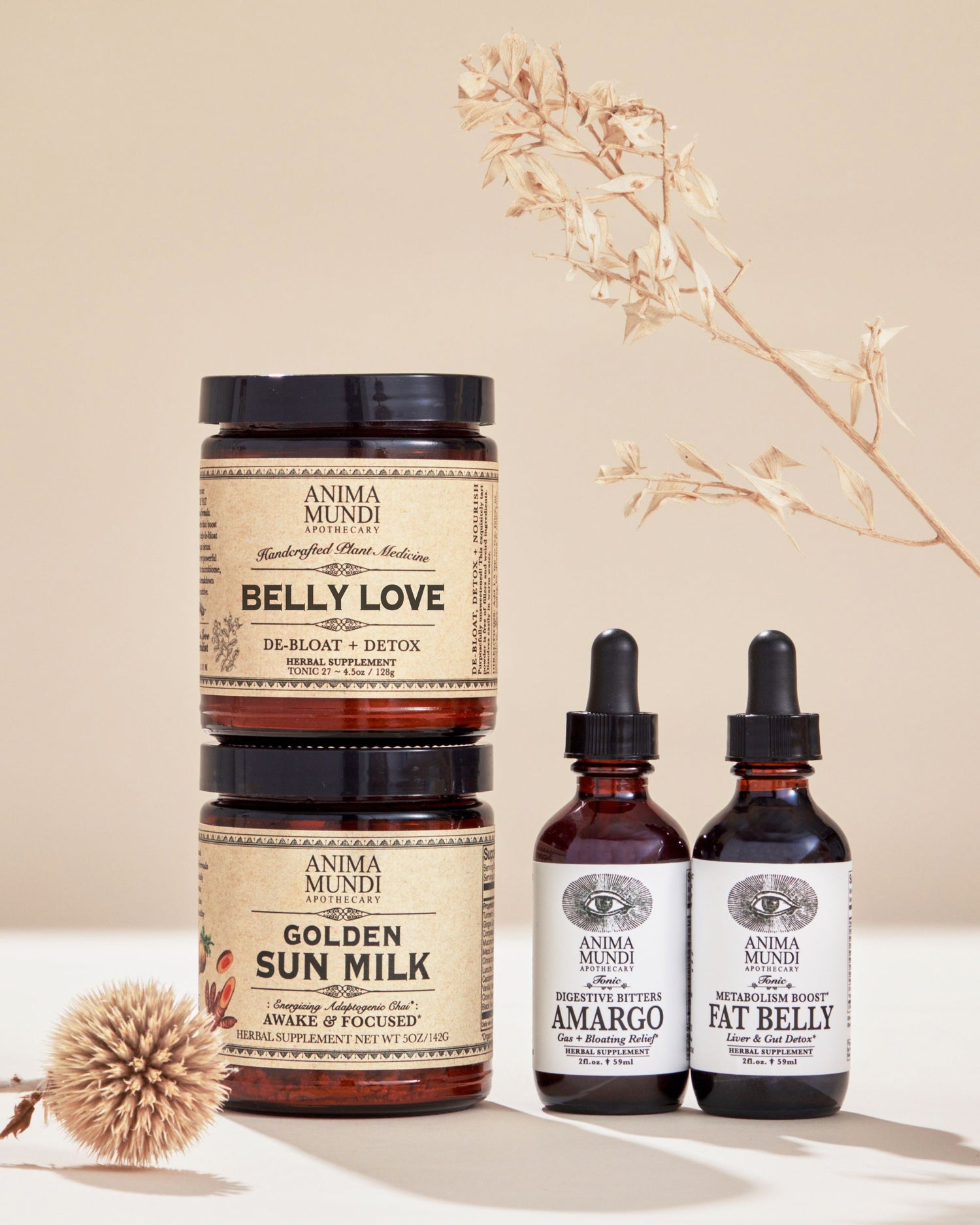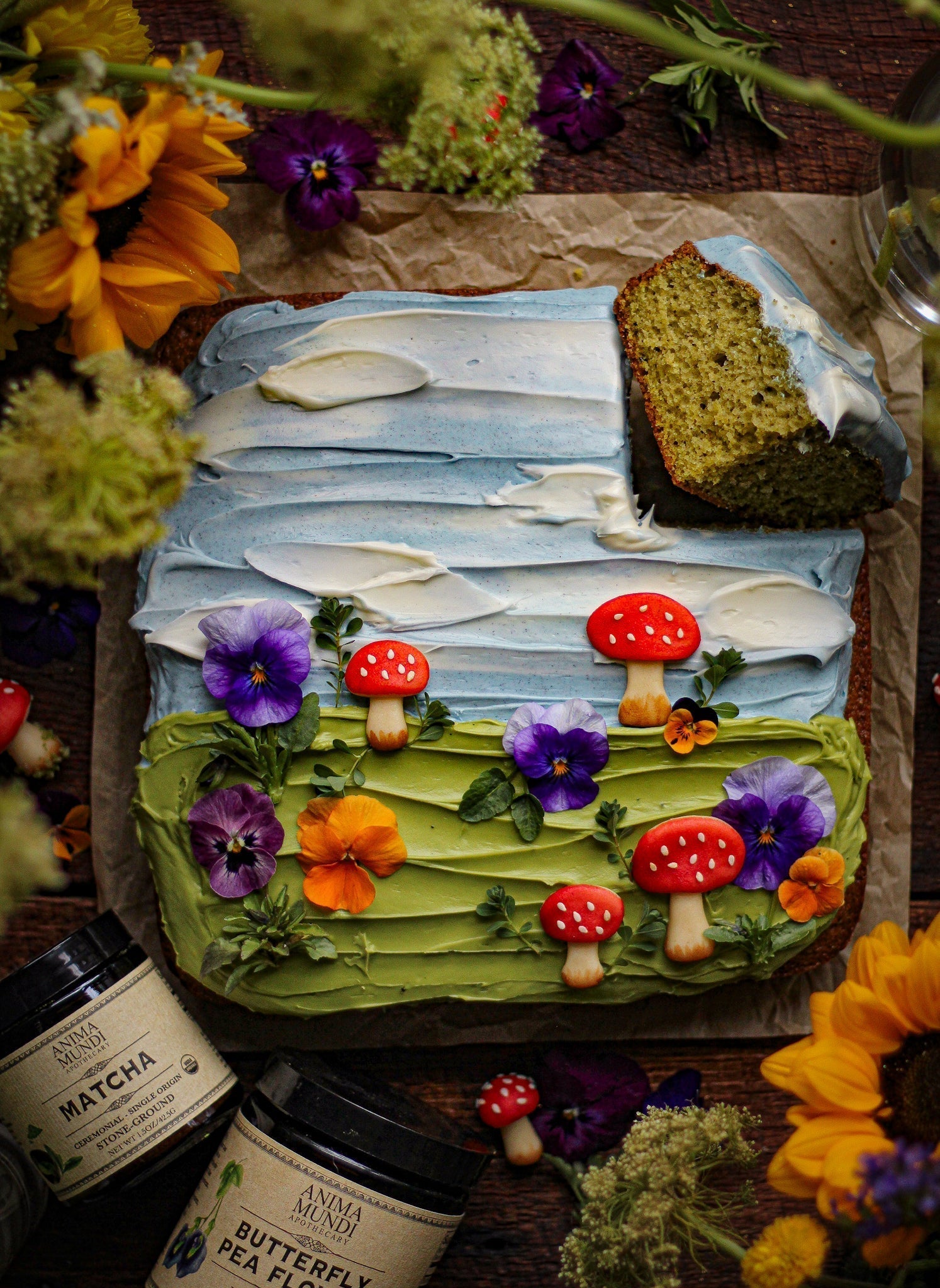Go with the flow. Find your flow. Flow like water. Let it flow. There are so many iterations of expressions related to “flow” in the English language; but you might be surprised to learn that the core sentiments behind the phrase “go with the flow” can be traced back to ancient times!
2nd century Roman Emperor Marcus Aurelius Antoninus, in his work Meditations, reflects on accepting life's events as part of a greater natural order, writing: “Time is a sort of river of passing events, and strong is its current; no sooner is a thing brought to sight than it is swept by and another takes its place, and this too will be swept away.” The modern expression “go with the flow” is believed to have gained popularity much later, in the 1960s, particularly within countercultural movements that emphasized living in harmony with the present moment. [1]
In both ancient philosophy and modern psychology, “going with the flow” embodies a mindset of aligning oneself with the natural course of events, fostering resilience and presence in the face of life’s many challenges. Or as the weaver of martial arts, Zen Buddhist and Taoist philosophies Bruce Lee famously put it: “Empty your mind. Be formless, shapeless, like water. Now you put water into a cup, it becomes the cup. You put water into a bottle, it becomes the bottle. You put it in a teapot, it becomes the teapot. Now, water can flow or it can crash. Be water, my friend.”
What Is Flow State?
A flow state, often described as being "in the zone," is a mental state where an individual experiences complete absorption in an activity, with a deep sense of focus, enjoyment, and productivity—just as Bruce Lee and countless other masters of their craft are widely renowned for doing. Think of ancestors like María Sabina, the Mazatec curandera and shaman who became famous for her intuitive powers and ability to flow between realms. Few others embody the concept of a spiritual flow state more completely, leaving an enduring legacy that inspired a widespread interest in the transformative, healing uses of medicinal plants far beyond her time.
Another historical figure who was said to enter into ecstatic states of union with divine in order to pen some of the most memorable lines of poetry ever written is the Persian poet and Sufi mystic Rumi. His indelible lines, “When you do things from your soul, you feel a river moving in you, a joy," encapsulate the essence of aligning with a larger cosmic rhythm—flow state.
The phenomenon was first studied by psychologist Mihaly Csikszentmihalyi, who found that people in a flow state perform at their best and report a heightened sense of satisfaction. In his seminal work, Flow: The Psychology of Optimal Experience, Csikszentmihalyi explains that flow arises when there is a balance between challenge and skill, creating a feeling of being fully immersed in the moment. He writes, "The best moments in our lives are not the passive, receptive, relaxing times... The best moments usually occur if a person’s body or mind is stretched to its limits in a voluntary effort to accomplish something difficult and worthwhile."
The Neuroscientific Nature of Flow
Neuroimaging studies have shown that during flow, the prefrontal cortex experiences a temporary reduction in activity, a process called “transient hypofrontality.” This neural shift allows us to focus deeply and efficiently by quieting the part of the brain responsible for overthinking and self-doubt. Essentially, it silences our inner critic, making space for creativity, intuition, and seamless action. This unique state of brain activity is accompanied by an increase in dopamine, norepinephrine, and endorphins, all of which contribute to heightened focus, motivation, and pleasure. As one scholarly review sums it up: “No matter what the activity, the elicitation of flow state is considered by many to be the ‘Holy Grail’ of performance.”
One recent study found that achieving flow often requires a combination of expertise and the willingness to relinquish control. [2] Researchers found that when individuals train extensively in a specific domain, they build an automaticity of skill that allows them to enter flow more readily. However, equally critical to achieving this state is the ability to let go of conscious control and trusting the process without attachment to the outcome. This balance between mastery and mindfulness creates optimal conditions for peak performance and immersive focus.
Flow is not a universal experience; it varies based on individual capacity, environmental conditions, and even mood. While practice can enhance one’s ability to enter flow, perfection is neither the goal nor a guarantee. Instead, the essence of flow lies in its unpredictability—its reliance on the interplay of preparation and spontaneity. This insight reveals that solving complex problems or reaching new creative heights often requires embracing the present moment and allowing our intuition to guide the process.
Interestingly, flow aligns with the concept of “stream of consciousness,” the uninterrupted and effortless movement of thoughts and ideas. This stream does not flow equally for everyone, nor can it be forced. It emerges most powerfully when we release the urge to predetermine outcomes and instead navigate the “currents” of our thoughts and actions. Surrendering to the natural ebb and flow of the mind enables a profound connection to both inner and outer worlds. Keep reading here for more about the spiritual chemistry of the “third eye.”
How Herbs Help Get You in the Zone
While flow states can be cultivated through practices like mindfulness and engaging in challenging tasks, certain herbs can support the mental clarity, focus, and relaxation necessary to access this state more easily. Here are a few of our herbalists’ favorite flow facilitators:
Cacao
This sacred plant, rich in theobromine, opens the heart, harmonizing emotional and mental energy to inspire creative expression and intuitive breakthroughs. Research shows that theobromine increases blood flow to the brain, supporting heightened cognitive function and emotional well-being.
Mucuna Pruriens
Known as the “dopamine bean,” Mucuna pruriens is a natural source of L-DOPA, a precursor to dopamine. Dopamine plays a critical role in motivation and reward-based learning, making this herb ideal for enhancing focus and fostering a joyful connection to one’s work. Studies have highlighted its neuroprotective effects and its ability to combat stress-induced damage.
Calamus Root
Revered in traditional medicine for its ability to clear mental fog, calamus root has been used to enhance clarity and help individuals articulate their authentic voice. It contains compounds that may support memory [3] and improve verbal communication, making it a favorite for those seeking deeper mental engagement.
Damiana
A fragrant herb celebrated for its uplifting properties, damiana has been shown to inhibit cellular damage [4] while easing anxiety and promoting relaxation, which can unlock creative pathways and foster a playful, problem-solving mindset. Its traditional use as an aphrodisiac also ties to its ability to energize and uplift the spirit.
Bobinsana
An Amazonian treasure, bobinsana is revered for its ability to strengthen emotional resilience and foster intuitive insights. Indigenous traditions use it to enhance dream work and heart-centered creativity, making it a profound ally for those seeking deep flow.
Pine Needle
This refreshing botanical is rich in antioxidants and compounds that stimulate mental clarity and focus. Pine needle tea, long used in traditional medicine, rejuvenates the mind and helps combat fatigue, reconnecting the individual to nature’s vitality.
Saffron
Known as the “sunshine spice,” saffron is a potent mood enhancer. Studies have shown its ability to increase serotonin levels, ease symptoms of anxiety, and promote a sense of calm, allowing the body and mind to flow with grace.
Yerba Maté
A revered stimulant in South America, yerba maté provides clean, sustained energy without the jitters often associated with caffeine. Its unique combination of xanthines, antioxidants, and micronutrients supports focus and endurance, making it a staple for prolonged mental tasks.
Skullcap
A gentle nervine, skullcap soothes overactive thoughts and balances the nervous system. Scientific studies indicate that it may enhance GABA activity in the brain, reducing anxiety and paving the way for effortless alignment in the moment.
Rhodiola
A revered adaptogen, rhodiola is known for its ability to reduce stress and combat fatigue. Clinical trials have demonstrated its capacity to increase mental agility, heightened awareness, and expansive focus, making it a cornerstone for peak performance.
The neuroscience behind achieving flow underscores the importance of balancing mental stimulation with relaxation. Flow requires a unique combination of focus, calm, and engagement, and these herbs support that balance through their adaptogenic and cognitive-enhancing properties. Adaptogens like Rhodiola also help regulate the stress response, ensuring that cortisol levels remain optimal, while plant powerhouses like skullcap and saffron calm the mind, reducing barriers to flow.
Incorporating these herbs into your daily routines can be done in various, surprisingly simple ways. Many people prefer to take them as herbal supplements to ensure consistent dosing. Others enjoy them as organic tea blends, which can provide both the benefits of the herb and the ritualistic calm that comes from preparing and sipping tea. For example, a cacao-based elixir can open the heart before a creative session, while a rhodiola-enhanced tincture can sustain energy and focus during demanding tasks. Aromatherapy with essential oils (diffused, direct palm inhalation, massage, etc.) further stimulates mental clarity and promotes deep relaxation.
Scientific studies also suggest that combining certain herbs may amplify their effects. For example, pairing Rhodiola rosea with Mucuna pruriens may enhance both stress resilience and dopamine production, creating a synergistic effect that supports flow. This holistic approach to herbalism allows for more profound and sustained experiences of being “in the zone.”
The benefits of achieving a flow state extend beyond productivity. Research in positive psychology indicates that individuals who regularly experience flow report higher levels of happiness, creativity, and life satisfaction. By incorporating herbs into a holistic approach to well-being, you can enhance your ability to enter and sustain this optimal state of performance and enjoyment. As with any herbal regimen, it is essential to choose high-quality products and consult with your trusted healthcare professional to ensure safety and efficacy.
Have you tried our free herbalist chat? Tap the button in the bottom right corner of our website to text us your questions, gain more herbal knowledge, product information, and exclusive offers.






























